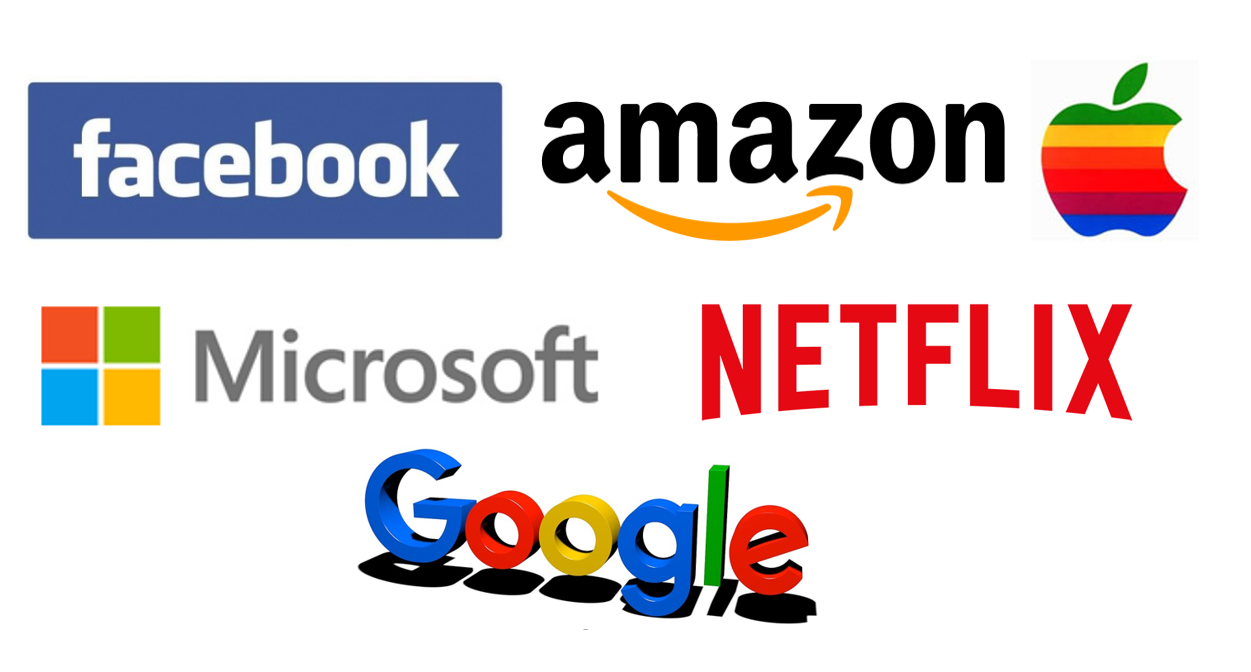When I was 8 years old my dad brought an extra desktop from work home. It had Windows XP, Internet Explorer that only worked because we leeched off our neighbor's WiFi, and of course the greatest pinball machine game ever. At the time I was fascinated by the things that desktop could do and how everything could fit into a metal box that seemed to be made up of random colorful wires, loud fans, and way too much dust.







At that instance, I'd subconsciously made the decision that I wanted to work with computers in the future. I didn't know how, but I knew that was my goal. At the time I hadn't even heard of college or university, but I knew I wanted to work with computers. All the way from that day to 6th grade where I learned about a '13th grade' to just last semester at Berkeley I always thought that I'd be best suited for a career with computers. Software engineering was the only pathway that I would be taking, because that's all I'd ever heard while growing up. I'd never heard of investment bankers or management consultants or program managers before. I knew there were engineers, lawyers, doctors, etc. But whenever it came to businesses I always grouped everybody together into 'businessmen'. I had no clue the area was so massive to the point where it consumed almost every single industry, and their were industries that were made completely of it. I knew people worked with stocks and people made investments, but I didn't know they were called traders or investment bankers.
I was completely oblivious of an entire industry and an entire section of careers because I'd always grown up with the impression that only engineers, doctors, and lawyers are the big careers. My parents are small business owners, and for them the grass was always greener on the other side. For them a stable career pathway that didn't have anything to do with 'business' was the best. Even they didn't know that these occupations existed before I told them about them! I was encapsulated within a bubble before Berkeley, and now that bubble has expanded. Now, I know of these different occupations and finally understand all the options I have available for myself.
Since I know that I have a large amount of options available to me it becomes necessary for me to start filtering out career pathways that I believe I wouldn't enjoy or don't match my goals. For this I needed to create a framework that was based off of where I see myself in 5 years, 10 years, 20 years, and during retirement.
5 years later:
I'm 24 years old now and still young. I want to travel and make sure that I'm healthy. I don't want to necessarily settle down anywhere right now. My main goal is to experience as many things and learn as many things as possible. Money isn't a big priority for now, but I want to be able to save a portion of what I make and still not have to worry about being unable to make a small purchase or eat out somewhere once in a while. I want the ability to meet new people, connect with others and figure out what I'm truly passionate about. I know for a fact that I do not want to be in school at this age. Maybe in a couple years I would be okay with it, but for now I want to be in the real world and be independent.
10 years later:
I'm 29 years old now and not as young as I used to be. I want to be able to settle down now and live a comfortable life with a partner. I've always wanted kids and I think that the time for them will come soon. Money is a larger priority now since I might have a family to support and save up for. I want to be doing something I think is interesting, but don't necessarily need to be traveling all the time or being stuck in the office all day. The days of concentrating on only my career are gone now but I would like to progress in it still. I'm hoping that I feel fulfilled in my career and now know the pathway that is set for me in the future.
20 years later:
Now is the time where I want to be completely settled down and know exactly where I will be for the rest of my life. I'm 39 years old and giving more time to family than I ever was. I want to be able to afford anything my family wants or needs. Maybe the Alfa Romeo Giulia Quadrifoglio too. Basically I'm hoping I can live comfortable. The Alfa isn't a need and I probably wouldn't get one now but I'd like to have enough money in the bank account and in savings that it shouldn't be a primary worry. I would love to still working until I'm 65 since I frankly have no clue what I'd do otherwise. My job should make me happy but shouldn't be as straining as it might've been earlier. I want to focus mostly on family more at this point and make sure they're happy.
Retirement:
I want to be in a house that is paid off and enough money saved up to treat myself if I'd like. At this point I would love to be able to travel if it's still possible for my old bones but otherwise I want to live in a peaceful place that still has things going on. Maybe a suburb near LA or a nice place near San Diego.
Obviously this is so ahead in the future that I shouldn't even be thinking of it, but it's nice to have some sort of goal in mind. This is a very tentative timeline and subject to change the minute I have a mood swing, but hopefully for now it'll do.
Some of the careers I'd been thinking of were:
1) Management Consulting
2) Investment Banking

3) Product Management

4) Quantitative Analysis



5) Data Scientist

Now I've decided to create categories that I care about and provide each one with a rank and then whichever career pathway has the lowest sum will be the one that I end up choosing.
Financial Stability and Progression (25%):
1) Quantitative Analyst
2) Investment Banker
3) Management Consultant
4) Data Scientist
4) Product Manager
Career Progression/Exit Opportunities (25%):
1) Investment Banker
2) Management Consultant
2) Quantitative Analyst
3) Product Manager
4) Data Scientist
Interesting Work (to me) (20%):
1) Management Consultant
2) Product Manager
3) Data Scientist
4) Investment Banker
4) Quantitative Analyst
Meeting Interesting People (10%):
1) Management Consultant
2) Investment Banker
3) Quantitative Analyst
4) Product Manager
4) Data Scientist
Meaningful work (10%):
1) Product Manager
2) Management Consultant
3) Investment Banker
4) Data Scientist
4) Quantitative Analyst
Impact (10%)
1) Investment Banker
2) Management Consultant
3) Product Manager
4) Data Scientist
4) Quantitative Analyst
Tallies
Management Consultant: 1.75
Investment Banker: 1.85
Quantitative Analyst: 2.25
Product Manager: 2.85
Data Scientist: 3.40
Like I noted before, the one with the least points is the one that ends up winning. And in this case it's management consulting. Naturally it has some cons like lots of traveling and 50+ hour weeks that could sometimes become 80-hour weeks. But, it also provides me with tons of pros that counteract the cons. Firstly, it pays well. From my research I discovered that most places will pay $75k and with bonuses it could go up to $100k. That's plenty when starting off, and after 3-4 years or after a MBA the base pay typically becomes $120k and with bonuses you can potentially take home $170k. I believe that this is more than enough, even if that's all I made for the rest of my life. Secondly, the exit opportunities in the industry are almost unparalleled. Usually consultants leave to join strategy teams on F500 companies and make around the same amount they did as consultants. This offers me a way to settle down and also work less hours as my career and life progresses. Since consultants work on multiple projects during their tenure at management consulting firms they have the ability to not only work on interesting and important projects but also meet different people while also traveling all around America and potentially even the world. The work they do is inevitably meaningful and impactful because their proposals cost millions of dollars and companies won't be spending that type of money for no reason. Therefore, I can come to the conclusion that I want to pursue a career in management consulting, especially at McKinsey, BCG, or Bain. These are the three premier strategy consulting firms and offer the best opportunities out of any other companies.
I understand that it will be absurdly difficult and I'm already behind the curve when it comes to seeking out a career with firms like this. But, now I have a goal to look forwards to and I hope I can rise to meet it eventually. The journey will be hard, but the result will be worth it.

Comments
Post a Comment